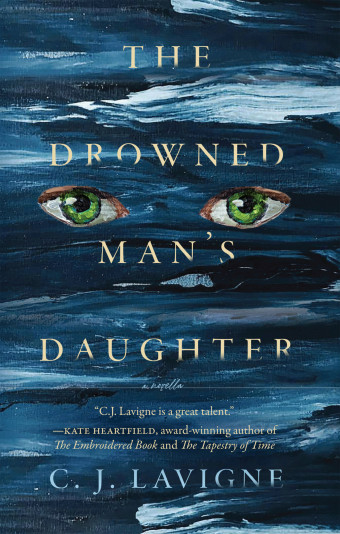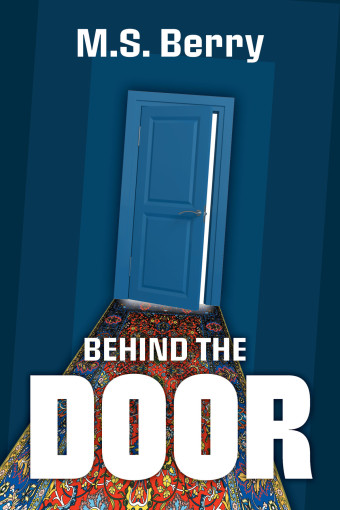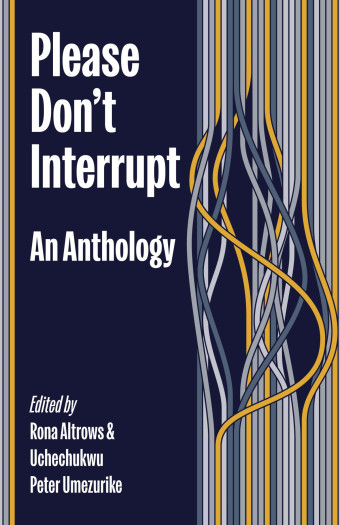Winnipeg-based David Bergen’s Here the Dark is a collection of short stories and a novella, breathtaking and stop-you-in-your-tracks good. The settings range from the Prairies, to Honduras, to Vietnam, but the themes are a bit more fixed – good and evil, doubt and faith, and the grey areas in between.
In “Man Lost,” a fisherman had the means, motive, and opportunity to murder a threatening American client, but did not do so.

- Here the Dark
- David Bergen
- Biblioasis
- $22.95 Paperback, 224 pages
- ISBN: 978-17-71963-21-3
“This character was based on a fishing guide I met in Roatan. He was laconic, taciturn, and seemed very comfortable with himself. I imagined that a lifetime of fishing and waiting and patience would prepare Quinn (the protagonist) very well for a man like K.” Bergen says. “Two different worlds collide, and the world of money has no purchase when pitted against nature.”
The character in the opening story, “April in Snow Lake,” learns a much needed lesson by getting lost. And “How Can n Men Share a Bottle of Vodka?” leaves the reader both hopeful and fearful of the path the protagonist has chosen.
The other stories are equally ambiguous, with a large sense of moral quandary. There is also a lingering sense for the reader of wondering what happens next.
“The great thing (and the most difficult thing) about a short story is the limitations placed on it,” says Bergen. “There is only so much space. A story dictates its ending and its form.”
He notes that Nabokov said of “Lady with a Lapdog” that Chekhov enters the story “without knocking.”
“This is crucial for a short story,” says Bergen. “Enter without knocking, don’t stay too long, and let the reader work out the complexities of what might happen after the story is done.”
The novella, “Here the Dark,” tells of a young woman who rejects the rules of her closed community. It was originally supposed to be a novel, but Bergen showed it to an editor he trusted who said that it didn’t work as it was.

“And so,” he says, “I let it sit, and then came back to it, and I chopped off the 100 pages at the end. This seemed to work better, in that the tone was now consistent and the voice was purely Lily’s and the narrator was no longer interfering in the story.
“After my editing, the ending to the novella became more uncertain and open-ended, and this made sense, given that Lily has been raised in a community where certainty is everything, and there is no room for doubt or questions. Does she still leave, does she stay?”
In the collection, there is more than one story that mentions choice, specifically not having learned how to choose. “Education is huge. Doubt comes from duo, and if suddenly you have two options, then all certainty is gone,” says Bergen.
“Do we have to learn how to choose? I think we are always working this out. In our relationships, with family, children, friends – an awareness of what we are doing and why we are doing it is a sign of a healthy mind.”













